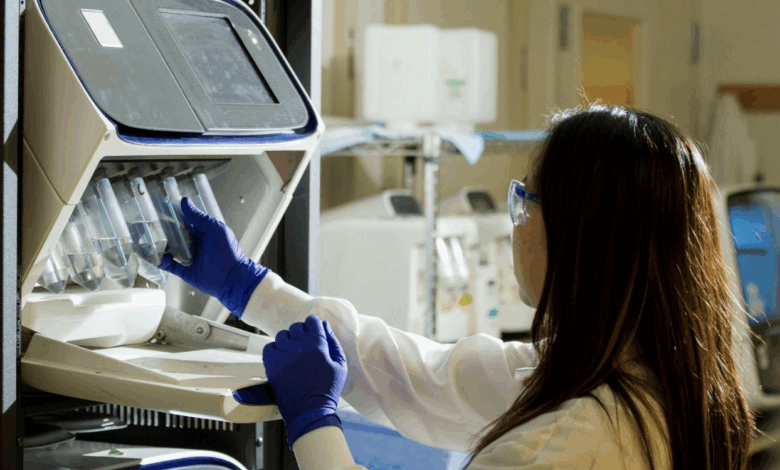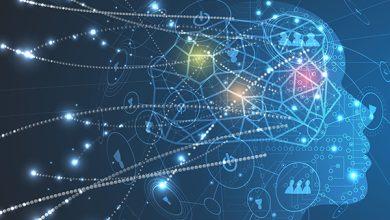
Artificial intelligence is revolutionizing every sector, from technology and manufacturing to healthcare. The use of AI models in healthcare is growing rapidly, despite ongoing concerns and controversies surrounding their safety and potential hidden flaws.
What does the future of healthcare technology look like, and how will it enhance disease management and prevention? Let’s explore the current role of AI in the wellness industry or what you can expect soon.
Top 4 Innovations in Health Tech 2025
According to a study, medical AI is helping doctors deliver patient care with greater accuracy. It enhances the efficiency of medical procedures by enabling timely treatment through rapid analysis of medical information. Below are some key digital health innovations that are reshaping traditional medical practices:
-
Personalized Treatment Plan
Determining whether osteoarthritis requires non-pharmaceutical treatments, such as CBD oils or massage devices, or surgical intervention is essential. AI models can help make this decision more accurately. Instead of adopting a general approach, AI is offering personalized medicine for every patient by quickly evaluating complex data sets.
According to a study, personalized healthcare regimens are no longer limited by time constraints thanks to AI systems. Clinicians can now make informed decisions with minimal to no risk. AI evaluates genetic data along with other clinical information such as environmental factors and family history to promptly initiate the most suitable treatment plan.
-
Early Diagnosis
AI has significantly improved diagnostic testing, enabling healthcare professionals to detect diseases much earlier. Before any evident symptoms appear, doctors can rule out health issues, including heart disease. This practice is improving life expectancy through successful prevention.
For example, an AI-guided ECG can diagnose a weak heart pump and abnormal heart rhythms. This diagnosis helps identify possible heart issues, enabling doctors to take preventive measures in a timely manner.
-
AI-Driven Robotic Surgeries
Robotic surgeries have been part of the medical world since the late 1980s and are still in practice due to better post-operative results. AI has significantly advanced the surgical field with the introduction of the da Vinci. This is a surgical robot that requires human input and is capable of performing multiple surgical tasks, including complex procedures.
Due to the safe and accurate results, automation is improving, requiring minimal human input. By controlling the robotic arms with all surgical gestures, the surgeon can perform remote operations. Now, people have easy access to medical care without any physical constraints. The world may soon be able to see complete autonomous surgical procedures.
-
AI-Based Drug Discovery
Another aspect of AI models is their role in quick drug discovery by improving the efficiency of pharmacological research. Instead of relying on traditional trial-and-error experimentation and wasting resources, AI models provide an accurate analysis of data and highlight possible side effects.
Machine learning and deep learning provide predictions about new drug compounds. These AI models anticipate how new compounds interact and what can be potential risk factors. Moreover, AI also aids in having suitable interactions between different drugs by providing insight into possible consequences. It evaluates complex data sets on known drug interactions, helping to highlight patterns. These predictions identify the most suitable and risk-free drug pair for any disease.
Conclusion
AI models are being globally incorporated into various medical procedures, both diagnostic and surgical, to improve accuracy and efficiency. They reduce the burden on healthcare professionals, lower costs through virtual therapies, and enable rapid, accurate data analysis.
Currently, there are mixed opinions regarding the reliability and ethics of these emerging AI health trends. Many patients remain hesitant to rely solely on AI for treatment. However, with the collaboration of technology and human expertise, these challenges will be resolved over time. AI will soon become a pertinent part of healthcare, just like any other sector.


